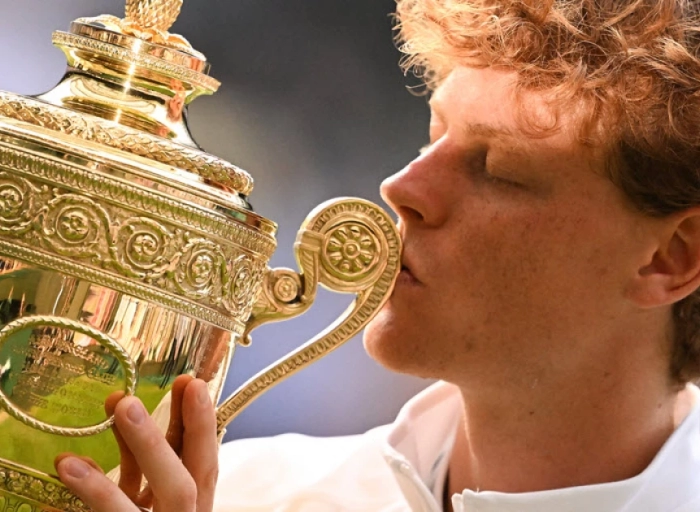Kenyans looking to register for gambling accounts may soon be required to upload a selfie holding their national ID, under new reforms proposed by the Betting Control and Licensing Board (BCLB). The initiative is part of a broader strategy aimed at enhancing consumer protection, curbing underage gambling, and restoring integrity to Kenya’s fast-growing betting sector.
Speaking before the National Assembly’s Finance and Planning Committee, BCLB Director Peter Mbugi outlined a bold plan to raise licensing and compliance standards in an industry plagued by poor oversight, questionable ownership structures, and weak technical safeguards.
Capital Requirements Set for Major Overhaul
Key among the proposed changes is a significant increase in minimum capital requirements for betting operators. The BCLB is recommending a minimum of Sh50 million for small-scale betting shops, Sh200 million for online platforms and national lottery firms, and a massive Sh5 billion for public gaming operators such as casinos. The reforms seek to eliminate speculative and undercapitalized players from the market.
“These proposals will help weed out unserious entrants and bring order to a highly fragmented and risky industry,” said Mbugi.
The BCLB licensed over 236 gambling companies in 2024 alone, with an additional 106 illegal websites shut down in partnership with the Communications Authority of Kenya. Lawmakers expressed concern that current license fees—ranging from Sh400,000 to Sh1 million annually—do not reflect the scale or risks associated with the gambling industry.
Rising Concerns Over Gambling Addiction
With gambling addiction on the rise, particularly among Kenyan youth, regulators are pushing for stronger consumer protections. Lawmakers raised concerns about games like Aviator, an increasingly popular online betting game based on a multiplier model. The game rewards users who cash out before a plane crashes, operating on unpredictable algorithms that Mbugi confirmed are thoroughly vetted by the Board.
“Aviator is built on a random number generator system, which ensures fairness but also requires close regulation, especially in its advertising,” he noted. Currently, no Aviator games are permitted to advertise on traditional media without BCLB’s explicit approval.
National Oversight System and Legislative Reform
To enforce compliance and promote transparency, the BCLB is seeking funding for a centralized Gaming Monitoring System. This would allow for real-time surveillance of all licensed betting operations, tracking revenue, compliance, and consumer protections.
A key proposal includes new user verification protocols, including a requirement for gamblers to submit a selfie with their national ID, aimed at stopping minors from using their parents’ documents to access gambling platforms.
The BCLB also called for an urgent update of the outdated Betting, Lotteries and Gaming Act of 1966, proposing a comprehensive Gambling Control Bill that would enshrine these reforms into law and provide a modern legal foundation for oversight.
Balancing Revenue and Social Responsibility
While gambling generates significant revenue, lawmakers stressed that public welfare must come first. Homa Bay Town MP Peter Kaluma underscored the social implications of an unregulated market: “We need to ensure gambling is not contributing to societal decay.”
The BCLB’s vision, Mbugi said, is to foster a responsible, well-regulated gaming industry that not only attracts legitimate investment but also protects Kenyan consumers from exploitation and addiction.




